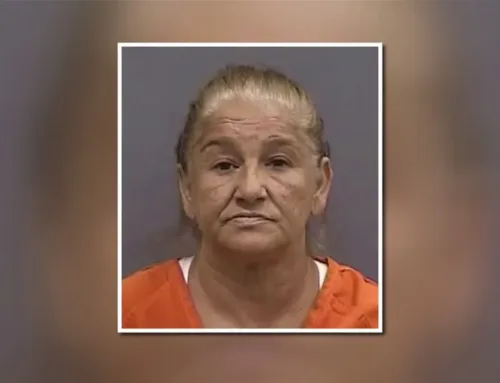By Western Standard
December 1, 2021
-Western Standard
The majority of Canadians want hate speech banned from the Internet says a new survey— despite the fact Parliament already banned hate speech in 1970.
Blacklock’s Reporter says the Canadian Race Relations Foundation denied its survey was coordinated with the Liberals ahead of proposed Internet censorship bills.
“No it was not,” said Kimberly Bennett, spokeswoman for the foundation.
The foundation was created by Parliament in 1990 with a $24 million endowment. It spent $22,500 on the survey, said Bennett.
The poll asked Canadians if they were concerned about “the spread of hate speech online” and “the rise of right-wing extremism and terrorism,” then asked: “How big of a problem do you think hateful and racist online content and behaviour is in Canada?”
“Online hatred is a major problem according to a majority of Canadians and people want legislation to combat serious forms of harmful online content,” said the foundation report.
The survey did not tell participants Parliament already outlawed hate speech, terrorist financing, obscenity, child pornography and other harmful online content.
“We ask all our questions with limited preamble,” said Bennett.
Findings were based on questionnaires with 2,018 people in the first week of November.
“Canadians are over twice as likely to say they worry more about the impact of hate speech and racism on people it harms and the impact on society overall (56%) than to say they worry more about governments and social media companies being able to limit the rights of citizens to express themselves and protecting the privacy of users (21%),” said the report.
Cabinet said it will re-introduce proposals that lapsed in the last Parliament to regulate YouTube videos under the Broadcasting Act, subject bloggers to $70,000 fines for content deemed to “vilify” minority groups, and appoint a chief Internet censor called the Digital Safety Commissioner with powers to block websites.
Cabinet has repeatedly claimed most Canadians support regulation of legal internet content but never produced data to prove it.
Guilbeault on April 29 said only “the most extremist elements” opposed Internet controls.
CLICK HERE TO SUBSCRIBE TO THE WESTERN STANDARD, AND READ THE FULL STORY




